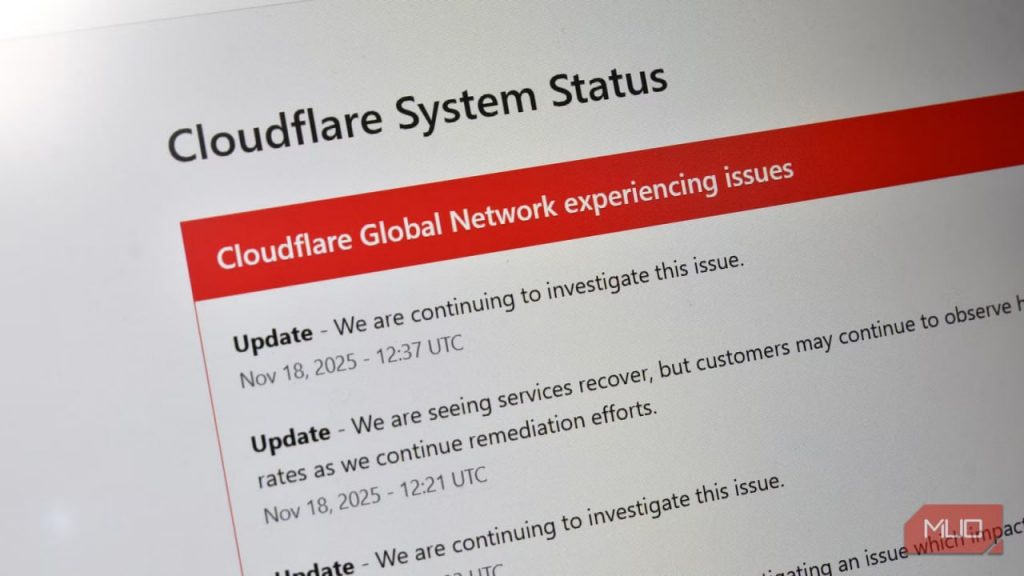Now Reading: The Impact of Cultural Differences on Business and Interpersonal Relationships
-
01
The Impact of Cultural Differences on Business and Interpersonal Relationships
The Impact of Cultural Differences on Business and Interpersonal Relationships

Understanding the Complex Role of Cultural Differences in Shaping Business Practices, Global Communication Strategies, and Long-Term Professional Success
In today’s interconnected world, cultural differences play a pivotal role in shaping how businesses operate, how leaders interact, and how professional relationships are sustained over time. Operating in multicultural environments requires much more than simply translating documents or adopting another country’s etiquette on a surface level. Instead, it demands a deep appreciation of how values, norms, and communication styles influence decision-making, trust-building, and the dynamics of cooperation.
When organizations overlook cultural factors, the result can be costly misunderstandings, failed negotiations, or partnerships that unravel due to mismatched expectations. For example, attitudes toward hierarchy and authority vary widely: in some cultures, questioning a superior may be seen as disrespectful, while in others it demonstrates innovation and initiative. Similarly, the concept of time differs significantly—northern European and North American contexts may treat punctuality as an absolute, whereas in other regions, flexibility around schedules reflects relationship-centered priorities and an emphasis on trust over rigid efficiency. These differences may at first appear as barriers, but when understood properly, they can be transformed into strengths.
Businesses that embrace cultural awareness often find themselves in a stronger competitive position. Cultural intelligence enables leaders to customize global communication strategies that resonate with diverse partners, suppliers, or clients. Rather than applying a one-size-fits-all approach, adaptive businesses encourage dialogue, take the time to understand local customs, and build relationships grounded in mutual respect. This translates into smoother negotiations, better customer satisfaction, and more sustainable growth in international markets.
Equally important is the role of inclusivity and innovation. Diverse professional teams often bring together contrasting worldviews, which, when addressed with sensitivity, can lead to more creative problem-solving and broader insights. Managers who recognize this dynamic foster environments where openness and cross-cultural cooperation thrive. They encourage teams to see diversity not as a challenge to overcome but as an essential resource for creativity, resilience, and informed decision-making.
Ultimately, global competitiveness today depends heavily on cultural intelligence. Organizations that treat it as a core business strategy rather than an optional soft skill are better equipped to navigate uncertainty, anticipate misunderstandings, and establish credibility in international markets. These companies turn cultural diversity into a driving force for growth, aligning long-term professional success with the ability to adapt, learn, and integrate different perspectives into everyday operations.
Exploring How Cultural Differences Extend Beyond the Professional Arena Into Personal Bonds, Friendships, and Intimate Connections
The impact of cultural distinctions is felt not only in boardrooms and multinational teams but also within the most personal aspects of human relationships. People from different backgrounds bring with them unique understandings of politeness, trust, family values, and conflict resolution—a reality that shapes friendships, partnerships, and intimate connections alike.
For example, some cultures value direct expression of emotions while others prefer subtle gestures or nonverbal cues to communicate affection or disagreement. A phrase that sounds warm and appreciative in one context may be interpreted as overly formal or distant in another. Similarly, perceptions of hospitality differ: what constitutes a generous welcome in one culture could be excessive or insufficient in another. Even small nuances—such as expectations around eye contact, personal space, or the appropriate way to greet others—may cause friction if not recognized or respected.
Interpersonal harmony in intercultural relationships cannot be achieved by rigidly holding onto preconceived notions. Instead, it requires ongoing curiosity, patience, and an openness to adapt without compromising one’s authentic identity. Honest dialogue is key. When individuals are willing to explain their perspectives and listen deeply to the intentions behind unfamiliar behaviors, they move beyond the trap of misaligned assumptions.
Cultural variation also plays a role in how trust and respect are established. In some societies, respect is closely tied to age, tradition, and hierarchy, while in others, it emerges from egalitarian ideals and open collaboration. The same applies to gender roles: what some communities see as traditional and necessary may feel restrictive or outdated in others. Navigating these differences involves respecting deeply held values while ensuring fairness and understanding between partners or friends.
When handled with empathy, these distinctions do not weaken relationships but strengthen them. They enable individuals to broaden their perspectives, gain emotional depth, and develop skills of tolerance that serve both personal and societal well-being. Friends, colleagues, or romantic partners who build bridges across cultural divides often find their relationships filled with richness and new dimensions of understanding. Instead of avoiding difficult conversations, they learn to embrace dialogue, creating intimate, supportive spaces where mutual growth becomes possible.
Ultimately, cultural diversity in relationships underscores the idea that while challenges are inevitable, they are also opportunities for connection. Communities and families shaped by cross-cultural dynamics can demonstrate how blending traditions leads to more vibrant social environments. By choosing empathy and respect, individuals not only build stronger personal bonds but also contribute to societies where diversity is celebrated as a source of human enrichment.
Conclusion
Cultural differences shape nearly every sphere of human interaction, from multinational business strategies to the intimacy of personal friendships. In both arenas, the choice lies in whether diversity is framed as a challenge that divides or a strength that unites. Organizations that cultivate cultural intelligence, and individuals who approach differences with openness and empathy, position themselves for long-term success and deeper human connection.
Whether navigating international markets or building cross-cultural friendships, the same principle holds true: respect, adaptability, and curiosity are the foundations of meaningful relationships. When practiced consistently, these qualities transform cultural differences from potential obstacles into lasting opportunities for collaboration, innovation, and greater mutual understanding.















